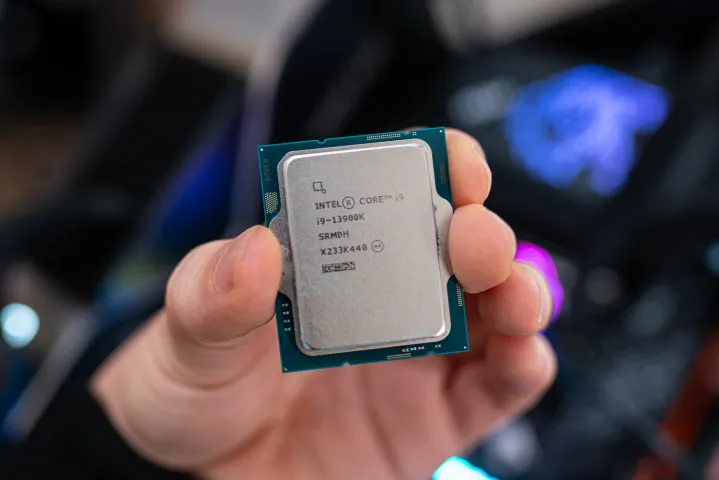
Intel’s recent Core i9 CPUs are facing some dire issues, at least according to a new report from ZDNet Korea. In speaking with the outlet, an anonymous source in Korea responsible for customer service on Intel CPUs says that customers are returning more than 10 of Intel’s 13th-gen and 14th-gen Core i9 CPUs daily, largely hailed as some of the best gaming processors you can buy.
The problem centers around Tekken 8, at least in Korea. According to the report, gamers using a CPU like the Core i9-13900K or Core i9-14900K will face an error message saying “not enough video memory” when launching the game, forcing it to close. This is even when the PC has plenty of video memory to run the game.
This isn’t a new problem. In February, hardware editor of Wccftech Hassan Mujtaba reported constant game crashes with the Core i9-13900K and RTX 4090. Recent customer reviews of the Core i9-14900K raise similar problems, with buyers citing crashes in games after a few months of owning the CPU.
So I was randomly checking out customer reviews of Intel i9-14900K/KF CPUs and wow looks like a lot of people have either received faulty chips, or their chips are degrading at an alarming rate. This is really not good… pic.twitter.com/RJ0hSu3nA9
— Sebastian Castellanos (@Sebasti66855537) April 6, 2024
Although we’ve seen customer reports, Intel itself hasn’t acknowledged the problem until now. That’s changing. In speaking with ZDNet Korea, an Intel representative said, “Intel is aware of problems that occur when executing certain tasks on 13th and 14th generation Core processors for desktop PCs, and it is analyzing them with major affiliates.”
The problems seem to focus on Unreal Engine games, with reports of issues in Hogwarts Legacy, Lies of P, and The Callisto Protocol, to name a few. In most cases, the game will report an error that it’s out of video memory before crashing. In the worst cases, the crash will cause a Blue Screen of Death (BSOD) on Windows, forcing your PC to restart.
For my part, I’ve been running a Core i9-13900K in my main gaming PC for more than a year, and I’ve experienced strange crashes and BSODs in games like Fortnite, Returnal, and Lies of P. Although I don’t want to pin the blame on the CPU, in each case, nothing overt caused the crash — it happens randomly, even with the latest graphics drivers.
Mujtaba recommends users explore downclocking or undervolting these CPUs if they’re running into issues. According to the editor, this will improve stability. Reports suggest the issues stem from pushed power limits with Intel’s most powerful CPUs, resulting in system instability even if you don’t dabble in CPU overclocking.
I reached out to Intel about the issue, and it provided a statement similar to the one posted by ZDNet Korea: “Intel is aware of reports regarding Intel Core 13th and 14th Gen unlocked desktop processors experiencing issues with certain workloads. We’re engaged with our partners and are conducting analysis of the reported issues.”
I also reached out to some motherboard vendors, and one sent me the follow line over email: “Objectively, we do not fully understand the problem/behavior and need more time doing our own testing and communicating with Intel.” This same vendor also pointed toward an Oodle blog post with some guidance if you’re encountering the problem.




